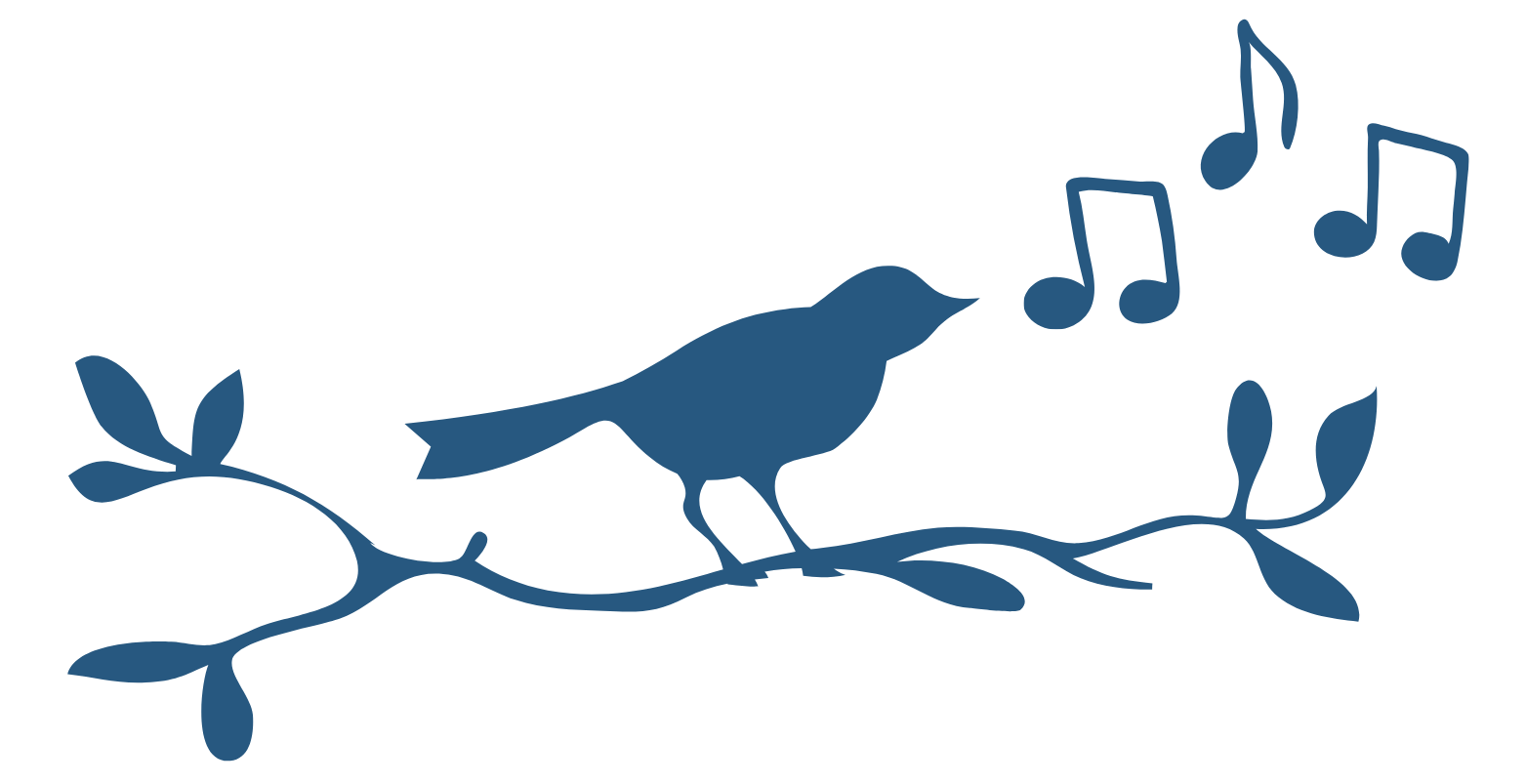Does Singing Help Stuttering? The Science + Great Examples

Singing has a number of benefits, but many don't realise that it can be used as a therapy for stuttering. You may have noticed that certain singers can sing flawlessly on stage, and then stutter during interviews. This is a common phenomenon and, in this article, I will explore how exactly singing helps stuttering.
Researchers have found that even small sessions of singing can significantly reduce an individual's stutter, confirming that singing can be used as a therapy to help stuttering. There are many theories behind this, including the use of opposite sides of the brain, but these are yet to be confirmed.
Below you will find links to research confirming that singing helps stuttering, as well as examples from YouTube and testimonies. You may also be interested to know that talking to yourself can have the same effect.
Does Singing Help Stuttering?
Singing helps stuttering. This has been confirmed by thousands of testimonies over the years of people who have suffered with stuttering, but somehow managed to sing flawlessly.
In fact, you can find a list of famous singers who stutter (and their stories) in this article.
One great example that you can watch below is one of the winners of the TV show 'The Voice', Harrison Craig. As you will see, he struggles to get through any given sentence without stuttering, but the stutter seems to disappear completely when he sings.
It has also been confirmed through a number of studies such as this one (Andrews et. al. 1982), which shows that there was a 90% reduction in stuttering after only 10 minutes of singing.
Below is some of the research that has gone into the link between singing and improving a stutter. There are many theories as to why it helps, but the exact reason is still widely unknown.
The brain is very complicated and there could be multiple factors involved. But I think we can all agree that the miracle of singing certainly does improve stuttering.
Using Different Parts of the Brain
When talking, you use the left side of your brain. You may not know this, but singing uses the opposite side - the right hemisphere. This can account for why people can stutter when they talk, but not when they sing.
But, not only does singing use a different part of the brain, it also creates new connections in your brain.
As outlined by Wan et. al (2010), singing creates an intense auditory-motor feedback loop, even moreso than playing an instrument. In other words, many parts of the brain are used and strengthened when we sing.
This helps to create new connections in your brain, particularly if you sing on a regular basis. This is also why the brains of professional singers look different to everyday individuals.
To put it simply, singing potentially helps create new connections in the brain that allow people to talk without a stutter, in the same way that they can sing without a stutter.
Knowing the Lyrics
Another theory is that stuttering is linked to the brain's struggle to find the right words to say. When we sing, we already know exactly what needs to come out our mouth because we know the lyrics and melody. There is no thinking involved in the process (unless you can't remember the words!).
This 'bypassing' of a cognitive process (ie. choosing the right words to say) could be another explanation for seamless singing.
Rhythm
Rhythm is another possible contributing factor to helping people with their stutter. You will find that some stuttering singers (found in this article) describe that the regularity of the words is what helps them to get their voice out when singing.
While it could be the rhythm itself that helps, it could also be the controlled breathing that comes with maintaining a rhythm. Breathing techniques are one way speech therapists help their stuttering patients. This is why Marilyn Monroe had such a unique breathy sound - it helped her with her stutter!
Role-Playing
Role playing is another technique used by speech pathologists when working with a patient who stutters. Self-consciousness can be a key barrier in forming and communicating words. Therefore, if you imagine you are someone else, you could trick the brain into thinking someone else is talking.
Interestingly, creative activities such as role-playing use the right side of the brain. If people who stutter are able to communicate fluently when singing, which also uses the right side, this explains why role-play (ie. acting) when talking can also help reduce or remove a stutter.
Singing Also Helps Other Neurological Speech Issues
The benefits of singing are not only limited to stuttering. It can also help other neurological speech impediments, such as Tourette's syndrome. This can once again be attributed to making new connections in the brain and helping to use more of the brain in order to speak fluently.
You can see an incredible example of this in the video below, as Adam Ladell's Tourette's disappears when he sings.
With a similar thought process, this may be why patients who have developed a stutter after a stroke can also benefit from singing.
Why Don't I Stutter When I Talk to Myself?
Singing has the amazing ability to completely remove a person's stutter, possibly due to the subtle differences in the brain that occur when you sing versus when you talk. So why do some people experience the same phenomenon when talking to themselves?
This could be tied into the changes that occur in your brain when you role-play. Talking to yourself is just another form of acting, therefore helping people to communicate using different parts of their brain.
In saying that, it is much nicer to simply sing on a regular basis to improve a stutter, rather than continually role-playing or talking to yourself.
